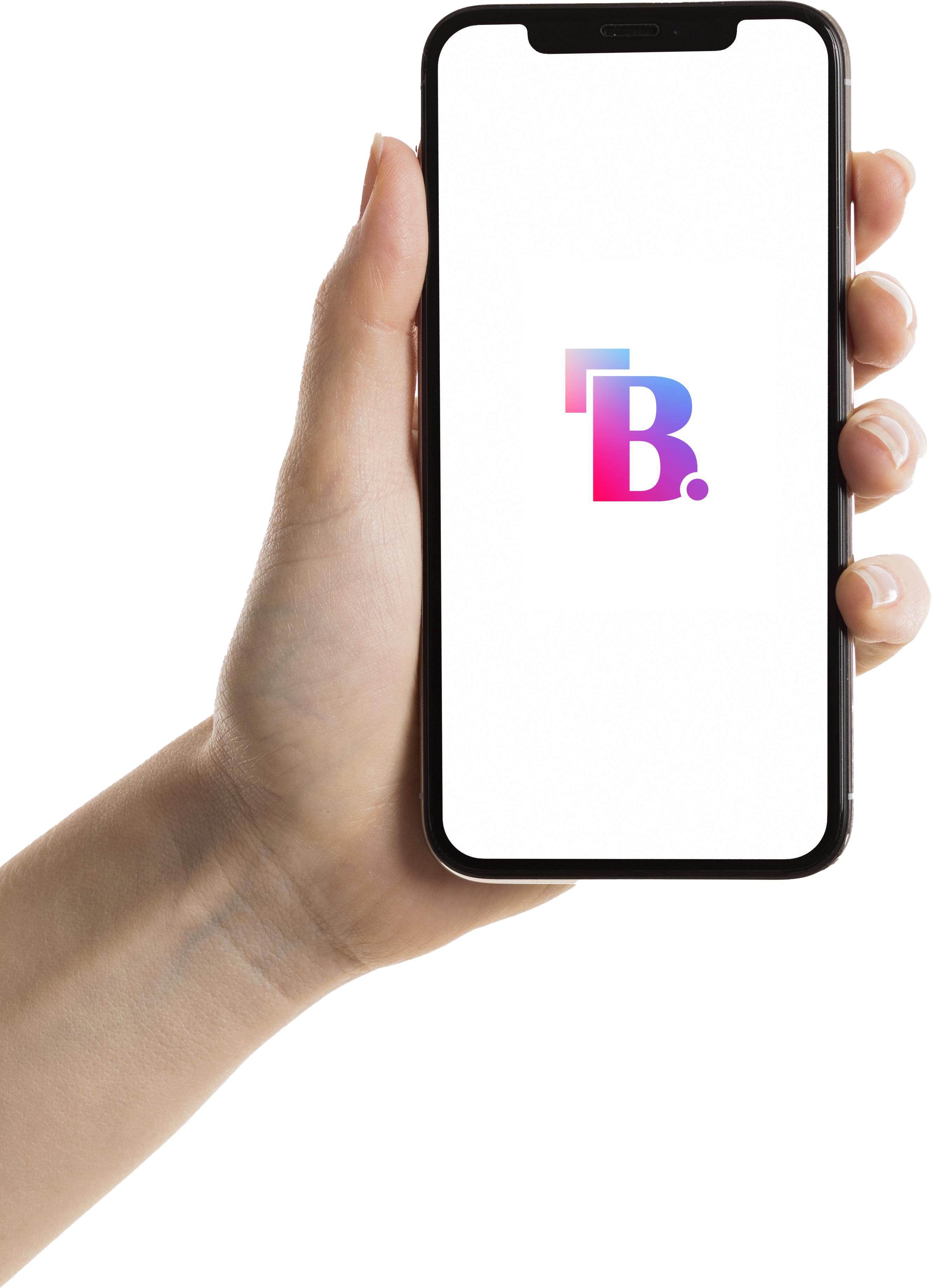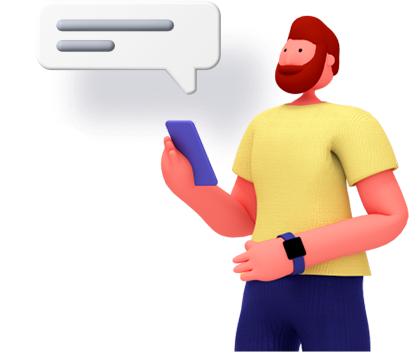Adobe Marketing Strategy AKA Master Plan
Fantastic! Let’s craft a fully rewritten, SEO-friendly, original analysis of Adobe’s marketing strategy, keeping it detailed and long (at least as long as your input), but in fresh words and structure. This version avoids copying from any sources and aims to help rank well on Google for keywords like Adobe marketing strategy, digital marketing for creative software, creative cloud marketing, and more.
Adobe Marketing Strategy: A Blueprint for Creative Industry Leadership
Adobe Inc. has established itself as a global titan in creative technology, transforming how the world creates, shares, and experiences digital content. From pioneering desktop publishing to revolutionizing cloud-based creative workflows, Adobe’s success lies in a marketing strategy that seamlessly blends product excellence, data-driven insights, and community-focused engagement.
Company Overview: Innovation at Adobe’s Core
Headquartered in San Jose, California, Adobe was founded in 1982 by visionaries John Warnock and Charles Geschke. What began as a breakthrough in digital printing technology has grown into a diverse software powerhouse serving professionals, enterprises, educators, and individual creators worldwide.
-
CEO: Shantanu Narayen
-
CMO: Ann Lewnes
-
Global Presence: Operations in 100+ countries
-
Primary Focus: Creative software, digital documents, and digital experience solutions
-
2023 Revenue: $15.78 billion
-
Mission Statement: Bringing creativity to life through transformative digital experiences
-
Tagline: Changing the world through digital experiences
Strategic Market Segmentation and Targeting
Adobe employs a sophisticated segmentation approach to engage diverse customer groups:
Behavioral & Contextual Analysis
Utilizing solutions like Adobe Target and Adobe Analytics, Adobe monitors how users interact with products, platforms, and marketing assets. Metrics include browsing patterns, device types, geographic location, and user journeys—allowing the company to deliver content and offers that align precisely with user needs.
SEO Keywords: user behavior analytics, Adobe personalization, data-driven marketing
Demographic Insights
Adobe divides its audience into categories such as:
-
Students seeking affordable creative tools
-
Individual creators aiming to monetize content
-
Enterprise teams requiring scalable creative solutions
-
Educational institutions looking for learning resources
These demographic distinctions guide Adobe in crafting unique messaging, pricing, and product bundles.
SEO Keywords: Adobe for students, creative software for business, digital tools for education
Profile-Based Personalization
Adobe differentiates between new visitors and existing customers to tailor experiences across digital touchpoints. This personalized approach drives higher engagement, retention, and conversion rates.
SEO Keywords: Adobe marketing automation, personalized marketing
Brand Positioning: Empowering Creative Possibilities
Adobe has evolved from a software vendor into an ecosystem that fuels creative innovation. Its positioning revolves around empowering individuals and businesses to turn imagination into impactful content. Adobe is not just a toolkit—it’s the creative partner behind millions of digital stories, designs, videos, and experiences.
SEO Keywords: creative software leader, Adobe brand positioning, creative freedom tools
Pivotal Marketing Campaigns🎨 Creativity is Everywhere
One standout initiative showcased ordinary environments sparking extraordinary creative ideas, emphasizing Adobe’s role in transforming everyday inspiration into art. Launched amid the pandemic, it resonated with creators working remotely and highlighted Adobe’s relevance during shifting work dynamics.
💼 Targeting the Enterprise C-Suite
Adobe runs precision B2B campaigns aimed at decision-makers in large organizations. Through programmatic advertising and first-party data, Adobe ensures that relevant messages reach leaders across formats like digital video, connected TV, podcasts, and interactive ads. This strategy has boosted engagement by over 30%, demonstrating ROI-driven marketing.
👥 Creativity Belongs to Everyone
In a major campaign, Adobe partnered with global artist Billie Eilish to prove creativity is universal, not limited to professionals. Showcasing how Adobe Creative Cloud tools contributed to Billie’s album visuals, Adobe invited users of all skill levels to participate in creative storytelling.
Digital & Social Media Marketing
Adobe’s digital presence is robust, spanning major social platforms to engage diverse audiences:
-
Instagram (1.3M followers): Visual storytelling, user-generated content, and creative challenges
-
Facebook (373K followers): Event promotion and community features
-
LinkedIn (3.5M followers): Thought leadership, professional development, and corporate news
-
Twitter (494K followers): Product tips, user spotlights, and timely updates
Adobe excels in blending social engagement with informative content, driving both brand awareness and practical value.
SEO Keywords: Adobe social media strategy, creative industry social marketing, user engagement
SEO Excellence
Adobe commands impressive organic search authority:
-
Keywords Ranked: Over 3.9 million
-
Monthly Organic Traffic: Around 47 million visitors
-
Key Rankings: Terms like “photo editing software,” “PDF tools,” “video editing apps,” and “graphic design software”
Their SEO strategy integrates extensive content marketing, on-page optimization, and technical excellence, ensuring Adobe remains discoverable for diverse user intents.
SEO Keywords: Adobe SEO strategy, creative software SEO, organic search traffic
Influencer Collaborations & Creator Partnerships
Adobe frequently partners with creative influencers and industry luminaries. Collaborations with artists, designers, and creators like Billie Eilish and Kelli Anderson bring authenticity and fresh perspectives to Adobe’s brand story.
These partnerships yield:
-
YouTube tutorials showing real workflows
-
Behind-the-scenes creative processes
-
Social campaigns that bridge Adobe tools with popular culture
Such initiatives humanize Adobe’s products and foster deeper connections with creative communities.
SEO Keywords: Adobe influencer partnerships, creative collaborations, creator economy marketing
E-Commerce & Subscription Strategy
Adobe’s direct-to-consumer e-commerce model is built on flexibility and user-specific pricing:
-
Individual plans for freelancers and hobbyists
-
Business and enterprise solutions with collaborative tools
-
Student and teacher discounts to promote education
-
Institutional packages for schools and universities
Adobe’s shift to subscription models, especially with Creative Cloud, ensures consistent revenue while empowering users to stay current with updates and new features.
SEO Keywords: Adobe subscription pricing, creative cloud plans, software e-commerce
Mobile Ecosystem: Creativity on the Move
Adobe’s mobile apps extend professional creative capabilities to smartphones and tablets, including:
-
Adobe Acrobat Reader: Portable PDF management
-
Adobe Scan: Document scanning via mobile camera
-
Adobe Express: Quick creation of graphics and social content
-
Photoshop & Lightroom Mobile: High-quality photo editing
-
Creative Cloud App: Asset syncing, tutorials, and project management
This mobile-first strategy enables Adobe to serve an increasingly mobile, flexible creative workforce.
SEO Keywords: Adobe mobile apps, creative mobile tools, mobile design software
Content Marketing & Community Building
Adobe thrives as a thought leader in creative technology through multi-layered content strategies:
-
Behance: A global platform for creative portfolios and networking
-
Adobe Blog: Industry trends, creative inspiration, and software tips
-
Tutorial Libraries: Video and written guides to help users master tools
-
Events like Adobe MAX: Bringing together creators for learning, inspiration, and product announcements
Adobe’s educational focus drives brand loyalty and positions the company as a trusted advisor in digital creativity.
SEO Keywords: Adobe tutorials, creative community, design conferences
Key Differentiators: What Makes Adobe Stand Out?
Several strategic pillars distinguish Adobe from its competitors:
-
Democratizing Creativity: Making professional tools accessible to users of all skill levels
-
Cloud Innovation: Building seamless cross-device and collaborative experiences
-
Customer-Centric Product Evolution: Continuously adapting tools based on user feedback and market trends
-
Integration Across Workflows: Offering solutions that connect creative design, document management, and digital marketing
Adobe’s relentless innovation ensures it remains at the forefront of creative technology.
SEO Keywords: Adobe innovation, creative software leader, digital transformation
Conclusion: A Vision for the Future
Adobe’s marketing strategy is a model for how to merge product excellence with digital engagement. Their success stems from understanding user needs, delivering value-driven content, and cultivating strong relationships with both consumers and enterprise clients.
In an era where digital creativity defines brand identity and business growth, Adobe continues to shape the landscape. Whether through revolutionary tools, educational resources, or community-building initiatives, Adobe empowers anyone with a creative vision to bring their ideas to life.
Popular Posts

OM Redox - Your Oxygen Box
OM Redox Your Oxygen Box is a convenient, portable oxygen provider, ready to use at the touch of [...]

Best Website Development Technology
PHP is often regarded as one of the best technologies for website development due to its flexibil [...]

Bira 91 Markeing Strategy- First Craft Beer of India
Beer enthusiasts are well aware of the wide range of options available, whether they're at a bar [...]




